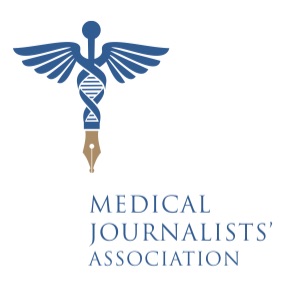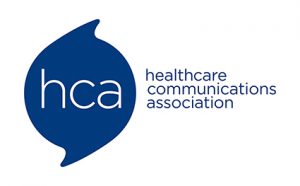
Every year, MJA members receive thousands of press materials and pitches from PR agencies and communications teams
Some are well thought out, succinctly written and potentially helpful. The best understand the deadlines and lead-times which rule every journalist’s day, and offer the new information, strong hooks or access to case studies or experts at short notice which can make the journalist’s job a little easier. But some completely miss the mark.
Countless PR agencies and communications teams claim to understand how journalists think, and what we need, and boast ‘special relationships’ with key journalists. So, in an effort to champion those who really do ‘get it’ and improve the standard of releases and press materials MJA members receive, in 2018 the MJA launched a unique award for excellence in PR.
Best practice
The award, which is supported by the Healthcare Communications Association, and Stempra, is the only one of its kind which is judged by journalists, for journalists. It recognises best practice in strategy and implementation, rather than just focus on the specific media results achieved.
MJA Chair, Dr Lawrence McGinty says: “We know this award may lead to some raised eyebrows, but I doubt there is a journalist in the land who has not quoted a press release, or used a well-written one as the springboard for a story.
“Journalists and PRs have, by definition, different agendas, but there is a space where the Venn diagrams cross and both can win. Acknowledging this, and recognising when a PR agency or communications team is getting it right, does nothing to change the MJA’s motto: Independent and bloody-minded.”
Special significance
Mike Dixon, CEO of the HCA says the award has special significance for HCA members: “There are many awards available for healthcare PR teams to enter, but only this MJA award is judged by journalists themselves.
“For a PR team, that makes gaining recognition in this award very special indeed. What PR team would not want to be able to tell a prospective client, or their organisation’s directors, that the journalists they are targeting have identified their work as worthy of recognition for excellence?”

Winner 2018
Andy Dunne, Media & PR Manager, University of Bath
Creating a media hit with Bath rugby research

Winner 2019
Philippa Cahill, Director M&F Health
M&F Health: Crafting the story behind the headlines

Winner 2020
Laura Dibb, Head of Communications, The Cystic Fibrosis Trust
Campaigning for access to lifesaving drugs

Winner 2021
Tanya Wood, Senior Communications Business Partner, King’s College London
The ZOE COVID Symptom Study app
SEE WHAT THE AWARD IS ALL ABOUT
PAST WINNERS OF THE AWARD
2021 Kings College and ZOE
2020 Cystic Fibrosis Trust
2019 M&F Health
2018 University of Bath Press office
THE JUDGING PROCESS
The MJA Award for Excellence in PR is the only award of its kind which is judged solely by journalists, on the criteria that count for journalists.
It’s simple to enter, and we don’t ask for complex data on reach and coverage. What the judges are looking for is evidence that the agency or communications team understands our members’ needs, has built good working relationships with journalists and delivers media materials with real value to our members.
This could mean using Freedom of Information requests or commissioning credible polling to support their narrative, providing the full copy of any research papers being quoted, sourcing newsworthy case studies, including backgrounders packed with statistics and useful explainers, or offering visuals and graphics which help journalists tell the story.
The blogs on this page from our previous winners — M&F Health and Bath University — give more examples of the elements we are looking for in a winning entry.
Given the on-going working relationships between journalists and communications agencies and teams, we never reveal the membership of each year’s judging panel, and we have clear protocols to address any potential conflicts of interest.
The judging panel comprises journalists with experience across a range of mediums, including print, broadcast and on-line, and all sectors of health and medical publishing, from national newspapers, magazines and broadcasters to specialist and trade publications and platforms.
Every judge scores every entry and these scores are then averaged to create the published short-list. In the event of a judge declaring a conflict of interest, the averaged score is adjusted accordingly.
If this process does not produce a clear winner, the judges then confer to decide who will win this coveted award.


